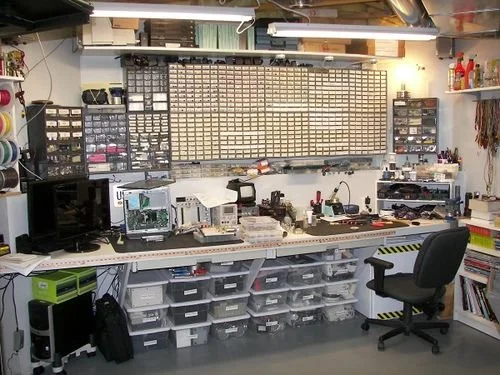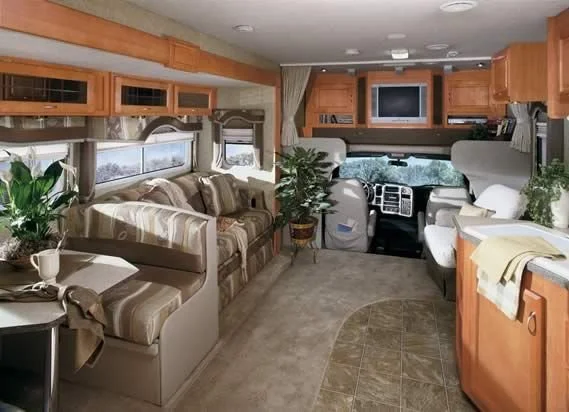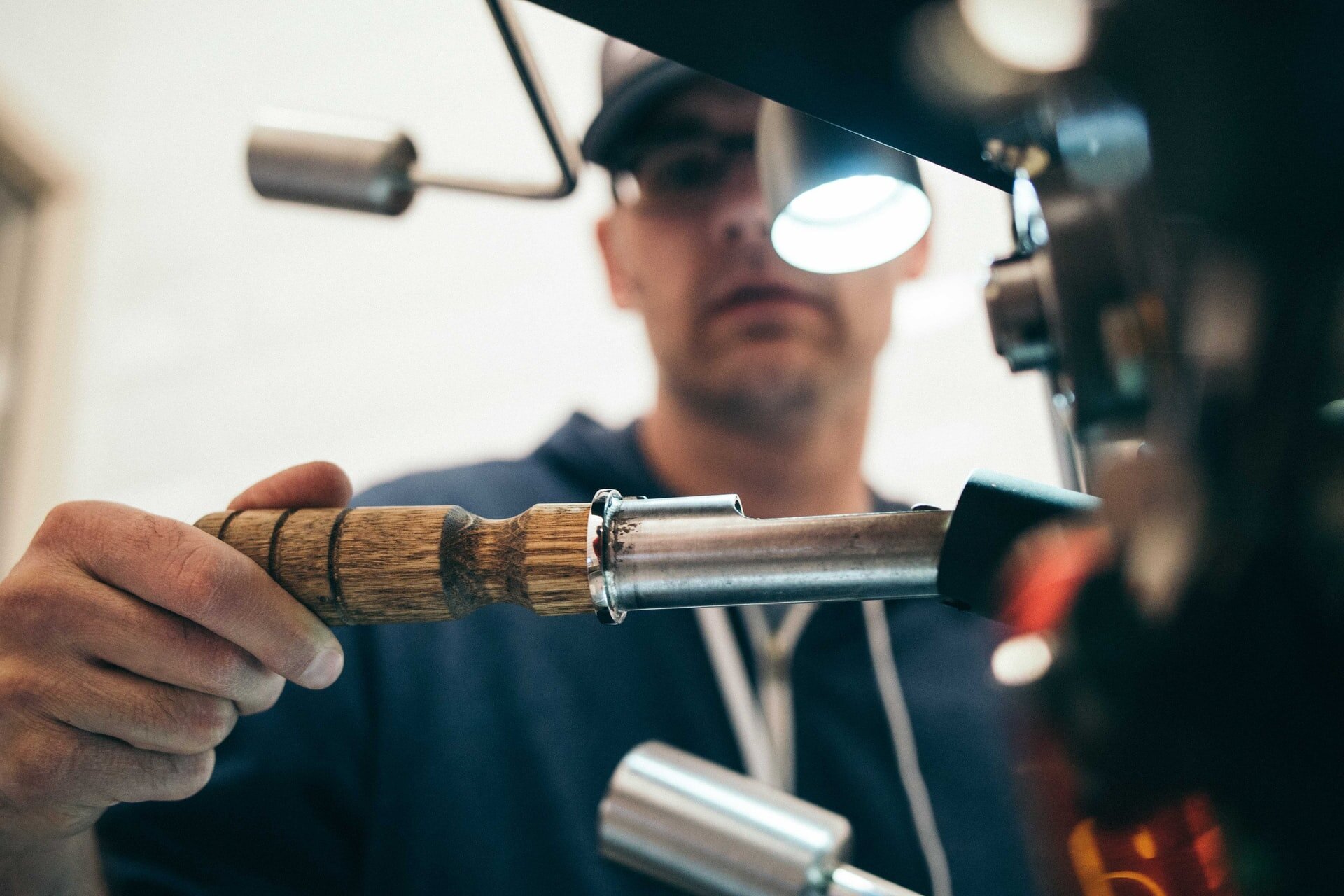The decision to rent or buy a home is one of the most significant financial choices an individual or family can make. It's a decision that affects not only your immediate living situation but also your long-term financial goals and stability. There are pros and cons to both renting and buying, and the right choice depends on various factors. To assist you in making an informed choice, we'll examine the benefits and drawbacks of each option in this post.
The Pros of Renting
Flexibility and Mobility
Flexibility is among the most important benefits of renting. Renting provides you with the freedom to move without the burden of selling a property. This is especially beneficial if you anticipate changes in your job, family situation, or if you simply enjoy exploring different neighborhoods.
Lower Upfront Costs
Compared to buying, renting often has fewer up-front fees. While buying a home often requires a substantial down payment and closing costs, renting usually only involves a security deposit and the first month's rent. This makes renting more accessible, particularly for those who may not have substantial savings.
Minimal Maintenance Responsibilities
You as a tenant are not responsible for major maintenance and repair costs. If a pipe bursts, the roof leaks, or the heating system breaks down, it's the landlord's responsibility to address these issues. This can provide peace of mind and save you from unexpected expenses.
Access to Desirable Locations
Renting can grant you access to neighborhoods and areas that may be financially out of reach for homebuyers. If you've always dreamed of living in a trendy urban area or an upscale suburban community, renting can make that dream a reality without the high price tag of homeownership.
The Cons of Renting
Lack of Equity Building
Perhaps the most significant downside to renting is that your monthly rent payments do not contribute to building equity or wealth over time. When you rent, you're essentially paying for someone else's investment, and you won't see a return on that investment.
Rent Increases
Renters face the possibility of annual rent increases. Unlike homeowners with fixed mortgage payments, tenants may experience rising rents, making it challenging to maintain a stable budget. If rent becomes unaffordable, you may need to relocate.
Limited Control
As a renter, you have limited control over your living space. Lease agreements often restrict significant alterations or customizations. If you dream of renovating or customizing your home to suit your preferences, renting may not provide the creative freedom you desire.
The Pros of Buying
Equity and Wealth Building
One of the most compelling reasons to buy a home is the opportunity to build equity and accumulate wealth over time. When you make mortgage payments, you're not just covering the cost of housing; you're investing in an asset that can appreciate in value.
Stability and Control
Owning a home gives you security and control over your living environment. You can decorate, renovate, and personalize your home without needing permission from a landlord. This sense of permanence is particularly appealing to those looking to establish roots in a community.
Potential Tax Benefits
Homeownership can yield various tax benefits. In many countries, mortgage interest deductions and property tax deductions can reduce your overall tax liability, resulting in significant savings during tax season.
Property Appreciation
While the real estate market experiences fluctuations, properties in desirable locations tend to appreciate in value over the long term. This means that your investment in a home can yield substantial returns if you decide to sell in the future.
The Cons of Buying
High Upfront Costs
One of the primary barriers to homeownership is the high upfront costs. Unlike renting, which typically involves a security deposit and the first month's rent, buying a home requires a substantial down payment and additional closing costs. These costs can be daunting and require careful financial planning.
Maintenance and Repairs
All expenses for upkeep and repairs fall under the purview of the homeowner. While this allows for customization and personalization, it also means that you are financially responsible when something goes wrong. From a leaking roof to a malfunctioning furnace, these expenses can add up.
Property Value Fluctuations
The real estate market is dynamic, and property values can rise or fall due to various factors. Economic conditions, neighborhood developments, and market trends can influence the value of your home. While there is potential for appreciation, there's also the possibility of depreciation, which can impact your overall wealth.
Ties to a Location
Homeownership can tie you to a location, potentially limiting your flexibility to move for career opportunities or lifestyle changes. Selling a home can be a time-consuming and complex process, and market conditions may not always be favorable when you decide to sell.
Financial Considerations
When comparing renting to buying, it's essential to consider the long-term financial implications. Renting is often seen as the more accessible option with lower initial costs. However, it's crucial to recognize that rent payments do not contribute to equity or wealth building. On the other hand, homeownership allows you to build equity over time through mortgage payments, and property values may be appreciated, increasing your overall net worth.
Another financial aspect to evaluate is the impact on your monthly budget. Rent payments tend to be more predictable, as they are typically fixed for the duration of the lease. In contrast, homeowners may face fluctuations in their monthly mortgage payments due to changes in interest rates or property taxes. It's crucial to assess how these financial aspects align with your budgetary needs and long-term financial goals.
Additionally, homeowners may benefit from various tax advantages, such as mortgage interest deductions and property tax deductions, which can reduce their overall tax liability. These potential savings can be a significant factor in the overall cost of homeownership.
Lifestyle Factors
The decision between renting and buying is not solely a financial one; lifestyle factors also play a crucial role. Consider your job stability and future plans. Are you likely to relocate for work or personal reasons in the near future, or do you desire a stable and permanent living situation?
Family size and future plans should also be taken into account. If you anticipate changes in your family structure, such as starting a family or becoming empty nesters, think about how your housing needs may evolve.
Furthermore, your personal priorities and aspirations should guide your decision. Do you value the creative freedom to customize your living space, or are you more focused on long-term financial security and wealth building? Your lifestyle preferences should align with the choices you make.
Market and Location Considerations
Real estate markets are not uniform; they vary from one location to another. Local market conditions can significantly impact the decision to rent or buy. Before making a choice, research the housing market in your desired location.
In some areas, it may make more financial sense to rent due to high property prices and low rental costs. In contrast, other markets may offer favorable conditions for buyers, such as affordable homes and low interest rates. Be sure to consider the current state of the market and how it aligns with your financial goals.
Location considerations also involve assessing the amenities and services available in a given area. Think about proximity to work, schools, public transportation, and other essential factors that impact your daily life.
Tips for Decision-Making
As we conclude this exploration, here are some valuable tips to guide your decision-making process:
Assess Your Financial Readiness: Take a close look at your savings, credit score, and ability to cover upfront costs.
Seek Professional Advice: Financial advisors and real estate experts can provide valuable insights and help you navigate the complexities of the housing market.
Evaluate Your Priorities: Consider whether you prioritize flexibility, wealth building, stability, or customization in your living situation.
Remember It's Not Set in Stone: The decision is not irreversible. You can rent for a period and transition to homeownership when your circumstances align better with that choice.
Conclusion
In conclusion, the decision to rent or buy a home is a significant and multifaceted one. Both options have their merits and drawbacks, and the right choice depends on your individual circumstances, financial goals, and lifestyle preferences.
Take the time to carefully evaluate your situation, seek advice when necessary, and remember that this decision is not one-size-fits-all. Whether you choose to rent or buy, make a choice that aligns with your long-term aspirations and ensures your financial well-being.



















